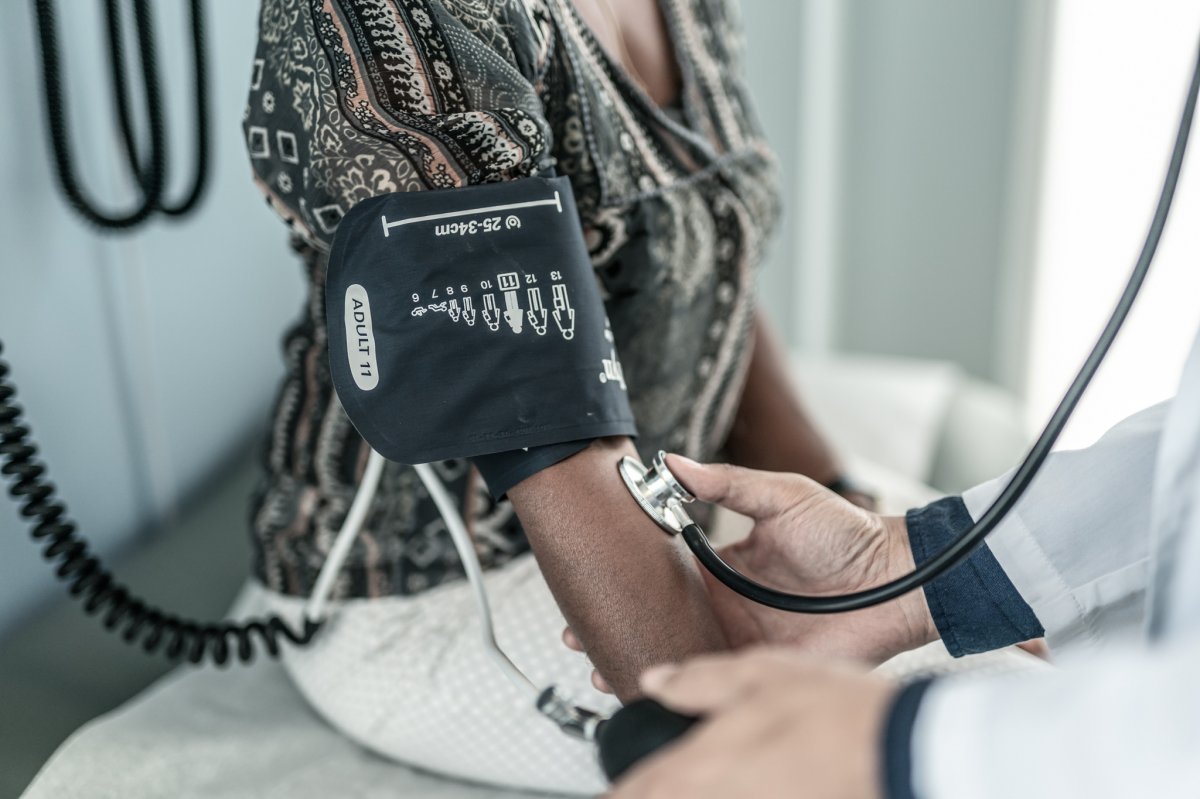While high blood pressure (AKA: hypertension) may be common – affecting nearly 1 out of every 3 U.S. adults – it’s often misunderstood or overlooked. With a lack of noticeable signs and symptoms, high blood pressure may not feel like a serious health threat. But over time, this condition can damage your heart and increase your risk for heart attack and stroke.
There is a bit of good news, though. High blood pressure is not only easy to diagnose and treat, but it’s also preventable. This starts with understanding what blood pressure is and the role it plays in cardiovascular health. what does hypertension feel like? It may not feel like a serious health threat, but over time, this condition can damage your heart and increase your risk for heart attack and stroke.
What is High Blood Pressure
Every time your heart beats, it creates pressure that helps to circulate blood throughout your body. The amount of pressure or force placed on your arteries as blood circulates is known as your blood pressure. When that force is consistently too high, then you have high blood pressure.
How Do I Make Sense of My Blood Pressure Numbers?
When your doctor measures your blood pressure, it’s given with two numbers. The top number is systolic, which refers to the amount of pressure or force in your arteries when your heart beats or contracts.
The bottom number is diastolic, which refers to the amount of pressure or force in your arteries when your heart is at rest or between beats.
The ideal blood pressure measurement is 120/80 mm Hg and if either number is higher, then you have elevated or high blood pressure.
What Are the Effects of High Blood Pressure?
So, what indicates high blood pressure? It all starts in the arteries and the heart. Having high blood pressure increases the workload of your entire cardiovascular system. The heart and arteries are not as efficient at circulating blood, meaning they constantly have to work harder to fulfill the same function.
Plus, as blood flows through your arteries with a higher-than-normal amount of force, this causes damage over time. This damage can lead to tiny tears in your arteries, as well as plaque buildup, both of which can make your blood pressure even higher.
In addition to the serious toll it takes on your heart and arteries, high blood pressure can also contribute to vision loss, kidney disease or failure and stroke.
How Can I Prevent High Blood Pressure?
While there are effective options for managing and treating high blood pressure, prevention is always the healthiest option. In addition to staying up to date with your doctor and ongoing health needs, a few ways you can limit your risk factors include:
- Maintaining a healthy weight
- Eating a healthy and balanced diet – that means avoiding foods high in fat, sugar and salt
- Avoiding excess salt
- Limiting alcohol consumption
- Not smoking – or quitting if you currently smoke
- Getting routine exercise – at least 30 minutes
- Prioritizing stress relief and sleep
Could I Have High Blood Pressure?
The only thing worse than having high blood pressure is to have undiagnosed high blood pressure. Surprisingly, that’s often the case. The best way to stay on top of high blood pressure – and all of your other heart health needs – is to routinely see your cardiologist. Meet our team of experts at Georgia Heart Institute who are ready to care for you!
Start Your Journey to Lasting Heart Health
If you have high blood pressure, you may want to see a cardiologist, especially if you have a family history of heart disease. Regular monitoring of your heart and simple diagnostic testing can lengthen your life and help you avoid complications. As one of the top cardiology programs in the state, Georgia Heart Institute is eager to get to know you and help develop a plan to keep you healthy and active.


